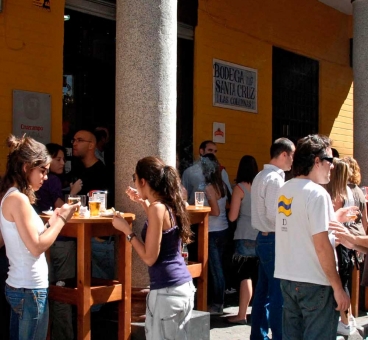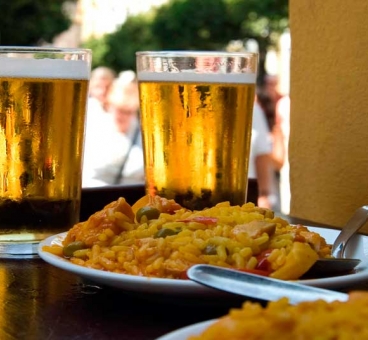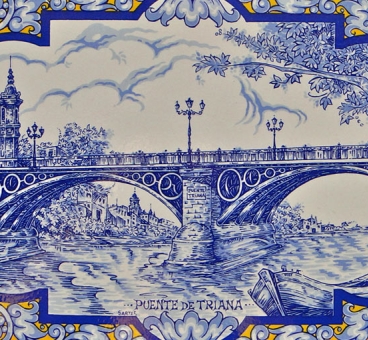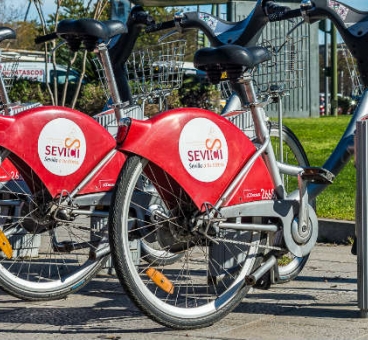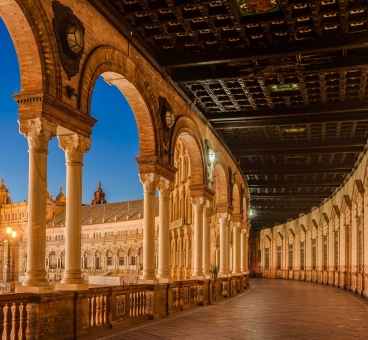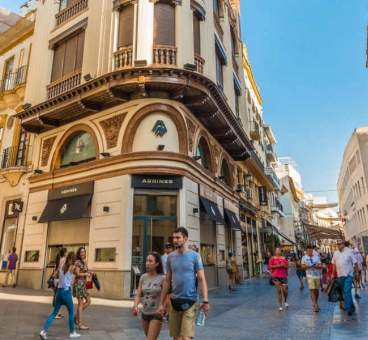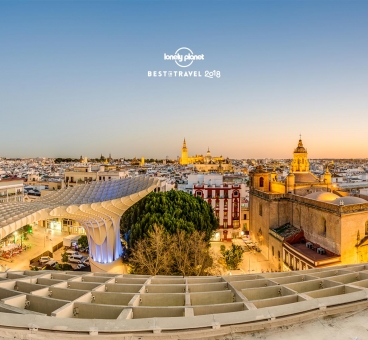No travel experience is complete without a trip through the flavors of the city you are visiting. If you are curious what Seville tastes like, you can enjoy the luxury of tasting the sweet baked goods of various pastry shops, bakeries, and convents. The scent of cinnamon, anise, and almond await you...
Seville’s close connection to its history is one of the characteristics that gives the city a personality that many travelers enjoy. In Seville, you can see for yourself that history is alive and present. It isn’t just a dusty story. Rather, you can perceive Seville’s history is every stone and around every corner. Seville’s affection for its cultural inheritance translates also to its gastronomy. And the best way to understand this is by sampling its historic pastry shops.
The recipes of Seville’s well-loved sweets have been preserved in establishments (some over one hundred years old) where aromas fill and seep out of the pastries’ display cases. There, you can find and taste specialties like tocino de cielo (a flan-like dessert but sweeter and creamier), cortadillos de cidra (square cakes with the texture of a muffin, filled with Asturian cider paste), tejas de almendra (thin and hard rounded almond pastries)... and many other exquisite treats.
The 6th of January is the festival of the Three Kings, a big holiday in Seville. During the entire week, families get together to eat the traditional Roscón de Reyes (similar to the New Orleans style King’s cake) for breakfast, snack, or dessert. The Roscón is a light cake made with a sweet dough. In Seville, the dough is enriched with orange blossom water and adorned with slices of colorful glazed or candied fruit. The cake is then usually filled with whipped cream, although nowadays it is sometimes filled with a pudding-like filling or a transparent sweet filling called “angel hair” - cabello de ángel. A “surprise” is baked into the cake - a bean. According to tradition, whoever’s piece has the bean has to pay for the cake. If you are in our city, you can purchase a Roscón in many bakeries and pastry shops as well as grocery stores and markets.
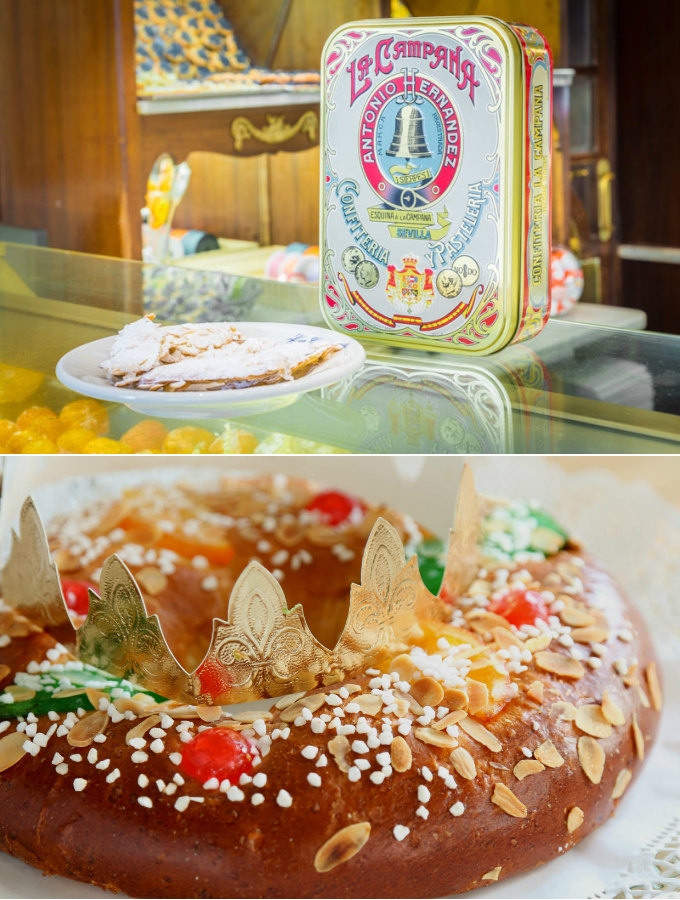
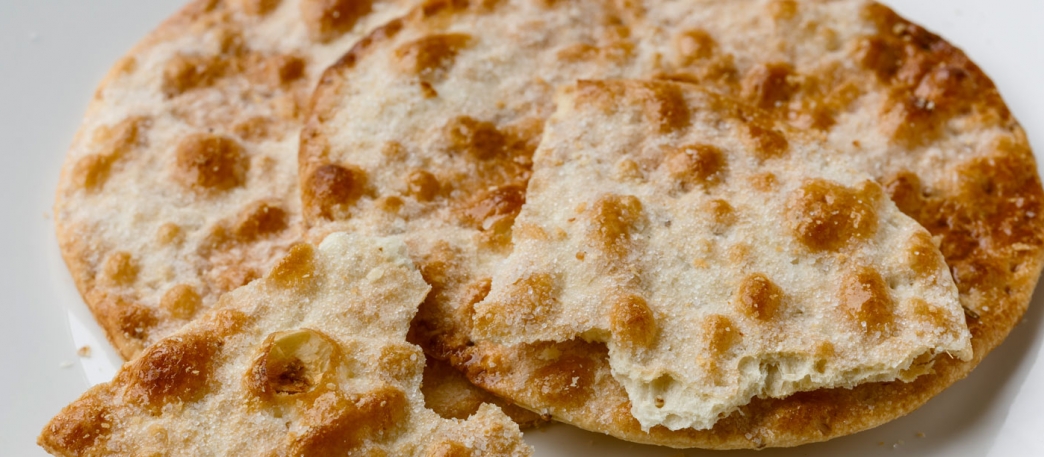
Some of Seville’s pastry specialties have already toured the world. Such is the case of the tasty torta de aceite (a crispy round cracker-cake baked with different spices). It has been named a Traditional Specialty Guaranteed by the European Union. From Castilleja de la Cuesta (a town located just 5 kilometers from the capital), this treat has gained a place for itself because of its indisputable quality. The torta de aceite can be found in all the most sophisticated international grocery stores. And, of course, there is mantecado (an almond-based cookie-cake) whose productive epicenter is in Estepa, a town in the province of Seville. Mantecado is the small Christmas cookie that has won over millions.
The torta de aceite and the mantecado are the great ambassadors of the Sevillian pastry.
tweet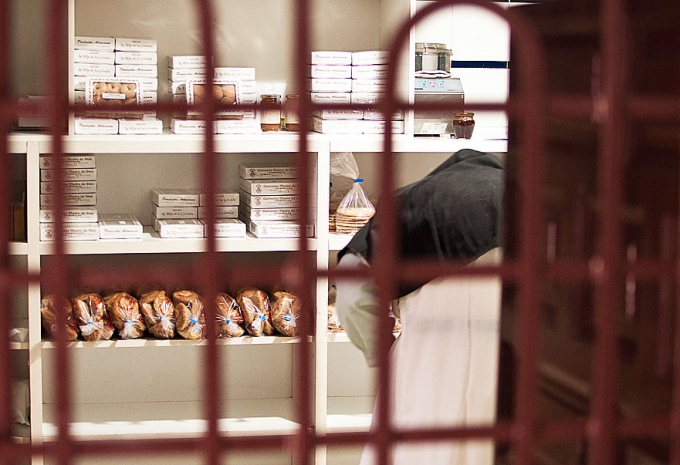
We’d suggest that you tour the cloistered convents in the city, where the pastry bakeries prepare pastries and other baked goods using traditional methods. The convents’ sweets are truly heavenly.
The convent-made specialties are one of the most beloved gastronomic treasures of Seville. Throughout the centuries they have persisted with their clear and delicious flavors, free from industrialized processes. Familiar and longed-for all year, the cakes, pastries, and cookies are made by hand by the nuns.
In the historic convents, including San Leandro, Santa Ana, Santa Inés, Santa Paula, and San Clemente, these pastries are made: yemas de almendra o batata (solid wet desserts with a base of almonds or sweet potatoes), empanadillas de cidra o boniato (half-moon enclosed empanadas filled with cider paste or sweet potato), torrijas and pestiños (bread drenched in honey and milk then fried), jams and jellies, roscos de vino (a Christmas treat, similar to mantecado, but formed like a small donut and covered in a sugar glaze), bollitos de Santa Inés (sesame rolls), truffles, rosquillas (similar to mantecado but fried and with a soft center), and tortas de polvorón (dense cookie-cakes)...
- 1. The oldest pastry shop in Seville is La Campana, founded in 1885.
- Many Andalusian pastries and cakes are clearly influenced by Arabic pastry making.
- If you go to the cloistered convents, you can smell the aroma of the recently-baked pastries.
